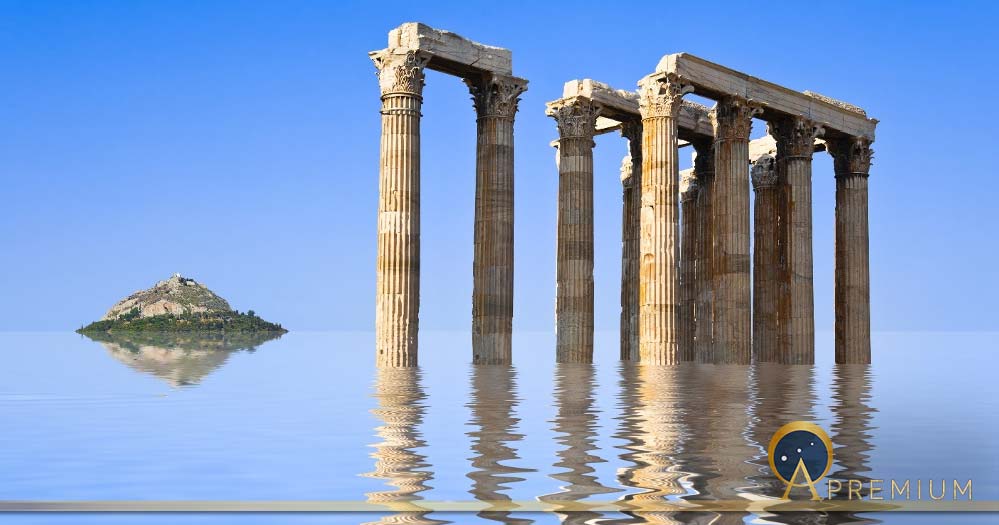Plato’s Prehistoric Athens Destroyed In A Neolithic Landslide
The Ancient Greek philosopher Plato wrote his Atlantis story in two documents called the Timaeus and Critias. These writings date from about 360 BC and are the only known works that describe the Atlantean civilization in detail. Most modern scholars argue that Plato fabricated the entire story of Atlantis to illustrate his political theories. Other scholars suggest Plato based parts of his Atlantis story on actual or mythological events. In the Timaeus and Critias, Plato states the Atlantis story comes from the writings of the Athenian statesman Solon. Plato also explains several times that the story is fact and not a myth.


Solon ancient Roman busts from the Farnese Collection, now in Naples (Sailko/ CC BY-SA 3.0) and Plato ( Wellcome Images/ CC BY-SA 4.0)
The Mediterranean War Of 9600 BC
Solon was a well-known historical figure in Athens in the sixth century BC, almost two centuries before Plato lived. In the early sixth century BC, Solon travelled to the city of Sais in the Nile Delta in Egypt. While there, he met with Egyptian temple priests who possessed ancient historical records concerning Atlantis. The Egyptian priests showed Solon those records and recounted the story of Atlantis. They told Solon about events that had occurred 9,000 years before his time, or over 11,000 years ago. In the early fourth century BC, Plato received a document written by Solon about what he had seen and heard in Egypt concerning the Atlantis story. Plato then used the details in Solon’s document to write about Atlantis in the Timaeus and Critias.

Victorian engraving of the Acropolis at Athens (antiqueimages/ Adobe Stock)
In the Timaeus and Critias, Plato describes the Atlanteans as an aggressive imperial military power that originated on what he calls the ‘Atlantic Island’, located outside the Mediterranean in the Atlantic Ocean. According to Plato, the Atlanteans conquered and enslaved Western Mediterranean cultures and then attempted to expand their empire by conquering the remaining free cultures in the Eastern Mediterranean. The Atlanteans were defeated in a war against the free Mediterranean people and eventually driven entirely from the Mediterranean. The events of the Mediterranean war occurred over 11,000 years ago. Sometime after the war, the Atlanteans’ homeland on the Atlantic Island sank into the sea during devastating earthquakes and floods.
Neolithic Athens
In his Atlantis story, Plato describes a prehistoric society in Athens that fought against the Atlanteans but was also destroyed by natural disasters.
Like this Preview and want to read on? You can! JOIN US THERE ( with easy, instant access ) and see what you’re missing!! All Premium articles are available in full, with immediate access.
For the price of a cup of coffee, you get this and all the other great benefits at Ancient Origins Premium. And - each time you support AO Premium, you support independent thought and writing.
Dr Phil Flambas is the author of Plato’s Caribbean Atlantis: A Scientific Analysis analyzing the Ancient Greek philosopher Plato’s writings about Atlantis.
Top Image: Ancient ruins and island in water (Nikolai Sorokin / Adobe Stock)



















